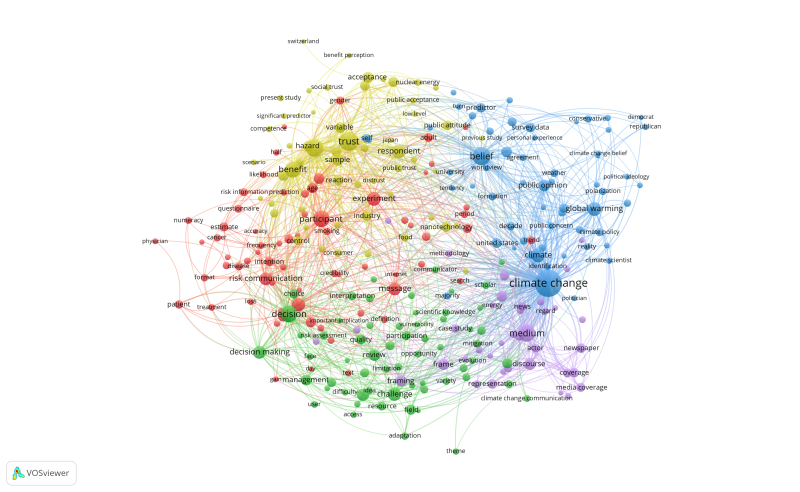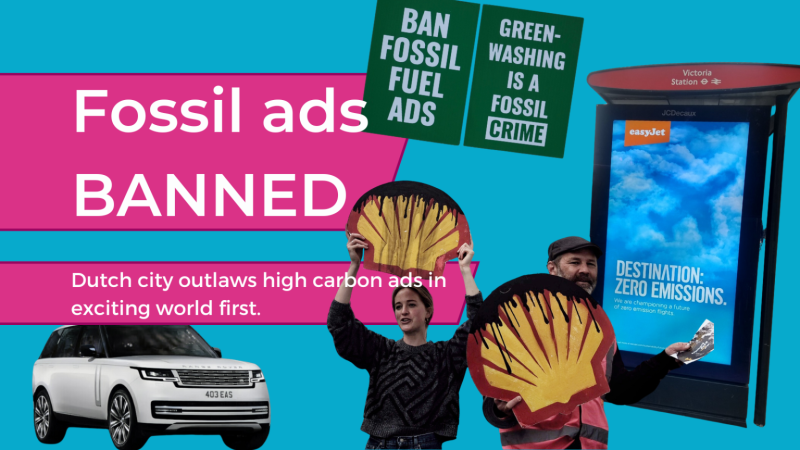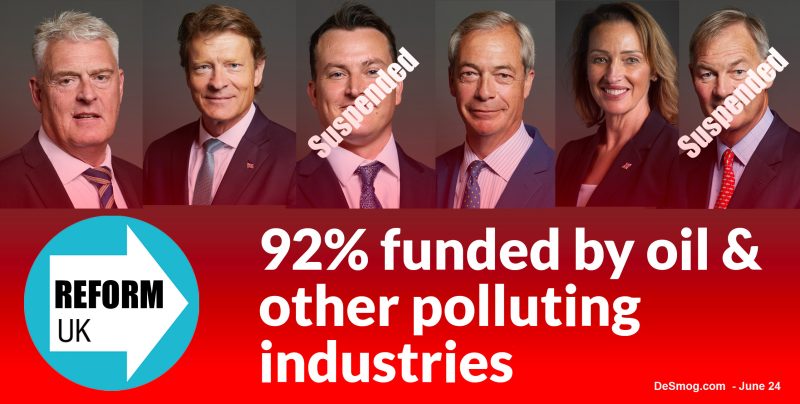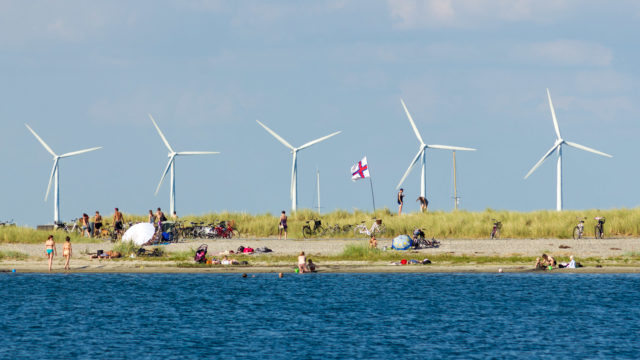Is the Climate Crisis a Disinformation Crisis?
In the clash of climate perceptions we are only seeing part of the story

It’s no longer news that we are living through a dangerous and widening gap between what we know about the climate crisis—and what we do about it. But what should be shocking is how deliberately that gap is being engineered.
Across the globe, powerful interests are hijacking our media and communication systems to distort climate facts, seed doubt, and delay action. This is not just an information failure—it’s an information assault. It’s fuelling distrust, polarisation, and fragmentation at a time when we need unity, truth, and bold leadership more than ever.
The science is unambiguous. Climate change is real, caused by human activity, and escalating fast. But instead of responding with urgency and ambition, our societies are swamped in inertia. Why? Partly, because our information environment is being poisoned
A recent study by the International Panel on the Information Environment (IPIE) found that climate misinformation has evolved. It’s no longer just outright denial of the crisis. It's more insidious. It’s strategic scepticism—casting doubt on causes, on solutions, on whether change is even possible. It’s weaponised complexity and confusion.
“Strategic scepticism has been taking over from basic climate denialism,” says Professor Klaus Bruhn Jensen, chair of IPIE’s scientific panel on climate communication.
The new report makes it clear: misinformation isn’t a bug in the system. It is the system—by design. Narratives are being manufactured to serve vested interests, consolidate power, and dilute public appetite for change. This is narrative propaganda —and we are all in the crossfire.
“ This disinformation architecture serves a purpose: to protect profits, prolong fossil fuel dependency, and sabotage the shift to clean, just energy systems.”
And now, the targets of this manipulation are not just the public—they are our political leaders, public servants, and decision-makers. The very people who have the power to act are being muted by doubt, distraction, and deceit.
The fossil fuel industry has spent decades perfecting this game. They’ve mounted a double-pronged attack—on the one hand, denying their responsibility and delaying action; on the other, greenwashing their image to appear climate-conscious while continuing to pollute with impunity. As climate researcher Robert J. Brulle calls it, this is an industrial-scale “denial machine.”

From 2008 to 2018, trade groups aligned with Big Oil outspent clean energy trade associations 27 to 1. That’s not a debate—it’s a corporate onslaught. The United States Senator, Sheldon Whitehouse put it bluntly: “The fossil fuel industry has run the biggest and most malevolent propaganda operation the country has ever seen...It is defending a $700-plus billion [annual] subsidy” of not being charged for the health and environmental damages caused by burning fossil fuels.”
And the public is paying the price— in lost time and polluted air, lives, livelihoods, and futures.
So what can we do?
We fight back. We expose. We legislate. We organise.
- Unmask the money: Expose the financial ties between fossil fuel giants and the content, platforms, and influencers they bankroll. Shine a light on the networks of disinformation. Name names.
- Hold platforms accountable: Show how tech and social media companies profit from hosting false and misleading content. Demand transparency and consequences.
- Organise collectively: People care, lets harness that. Support bans on fossil fuel advertising. Call out greenwashing wherever it shows up—from sports sponsorships to climate conferences.
Polling by Persuasion shows that an effective strategy to tackle regressive actors is exposing the corporate interests behind their funding and policy choices.

Our call to action:
- Legislate for transparency and integrity in climate communications.
- Take legal action against greenwashers.
- Build a global coalition of civil society, scientists, and public institutions to defend truth.
- Invest in climate and media literacy—for citizens and decision-makers.
- Amplify voices from the majority world and frontline communities—where the truth is often clearest and the need most urgent.
Truth alone is not enough
We must stop believing that simply putting facts into the world will drive change. Lying at scale is a strategy and distraction is a business model. Truth without power is neither.
We need not only better stories—but louder megaphones, braver messengers, bigger alliances, new interventions and better cut through strategies. We must tackle this asymmetric manipulation of the information environment —strategically, relentlessly, and unapologetically.
This is not just about climate communication. This is about reclaiming our collective future from those who would sell it for short-term gain.


